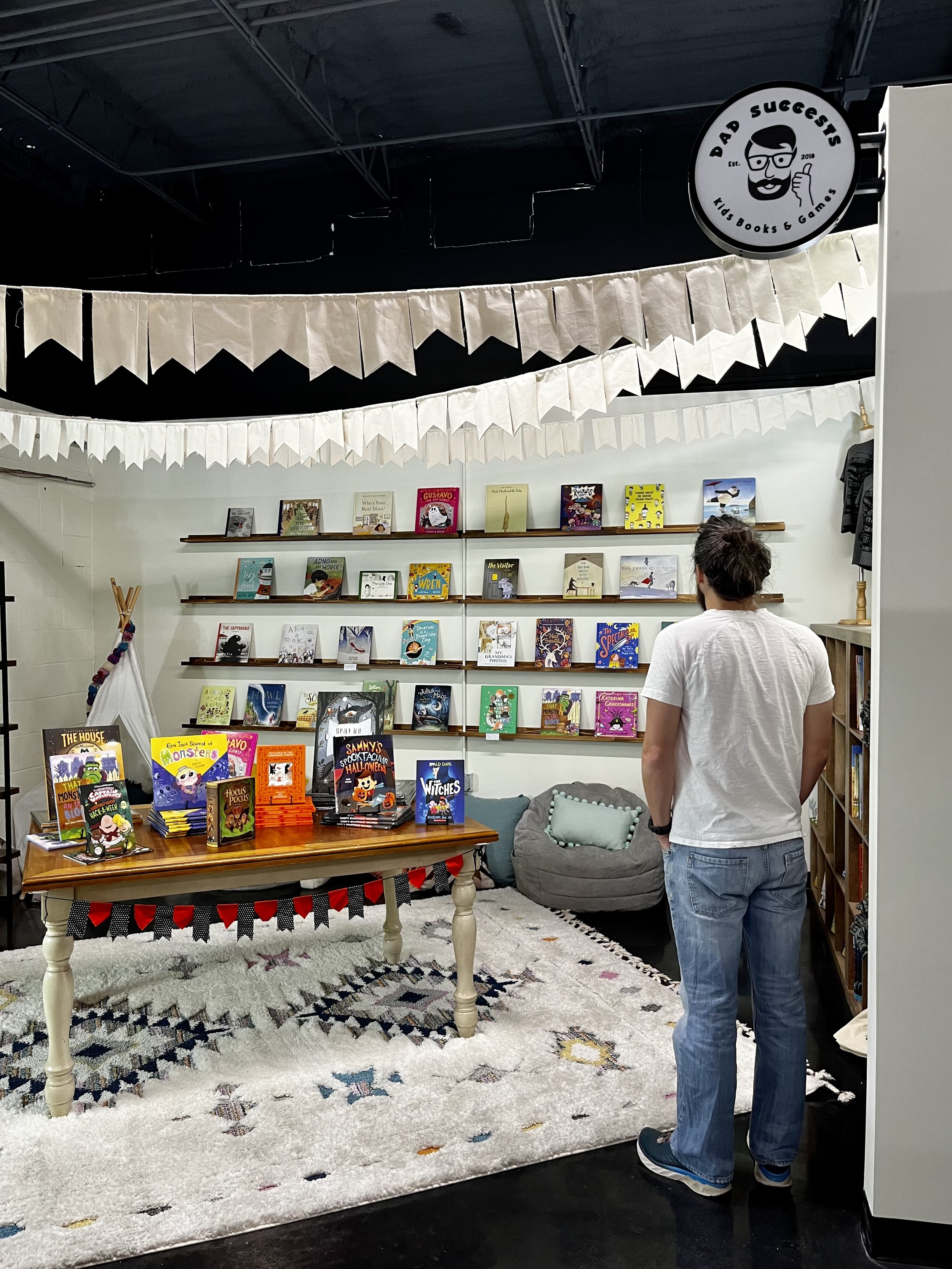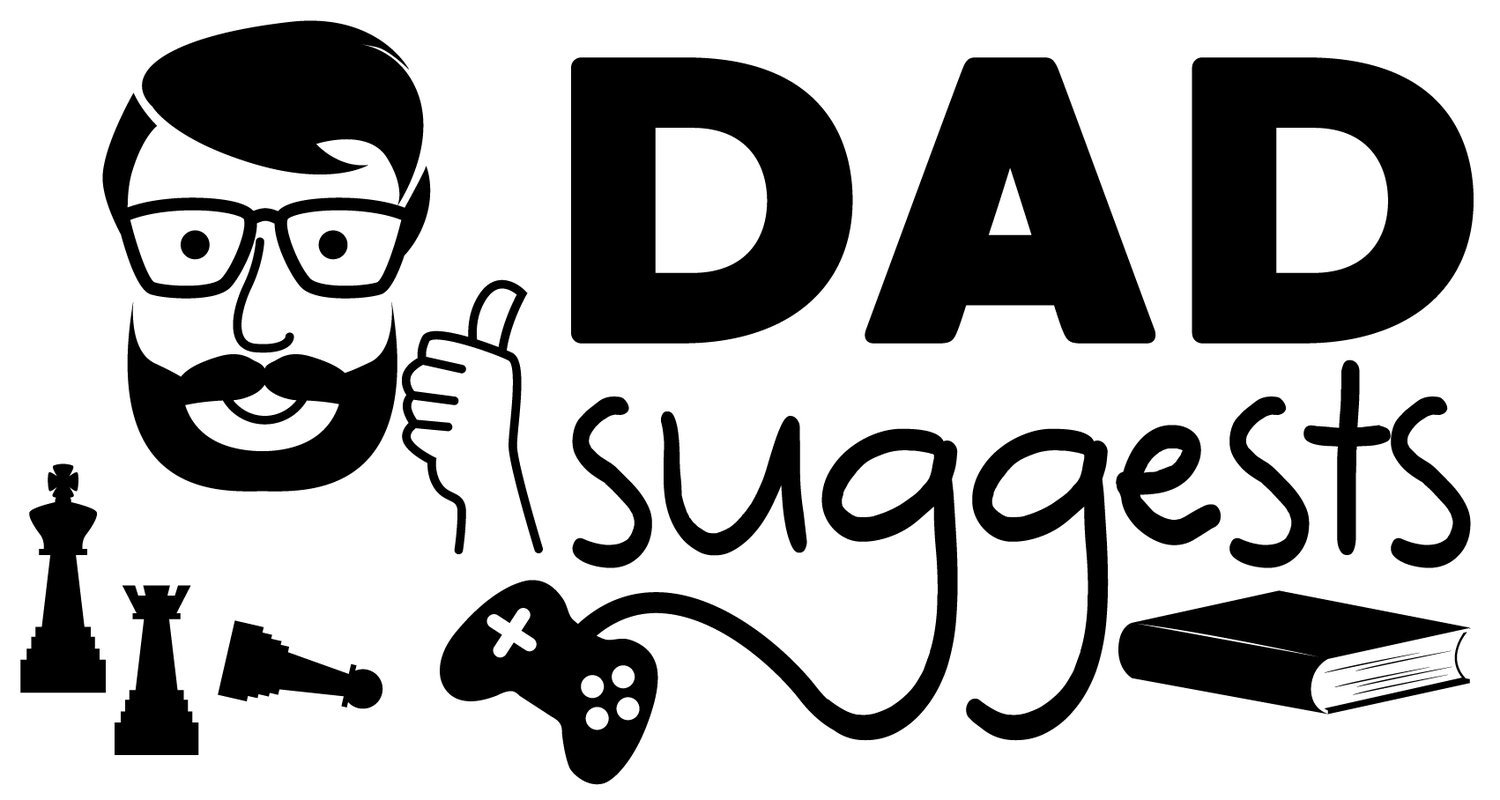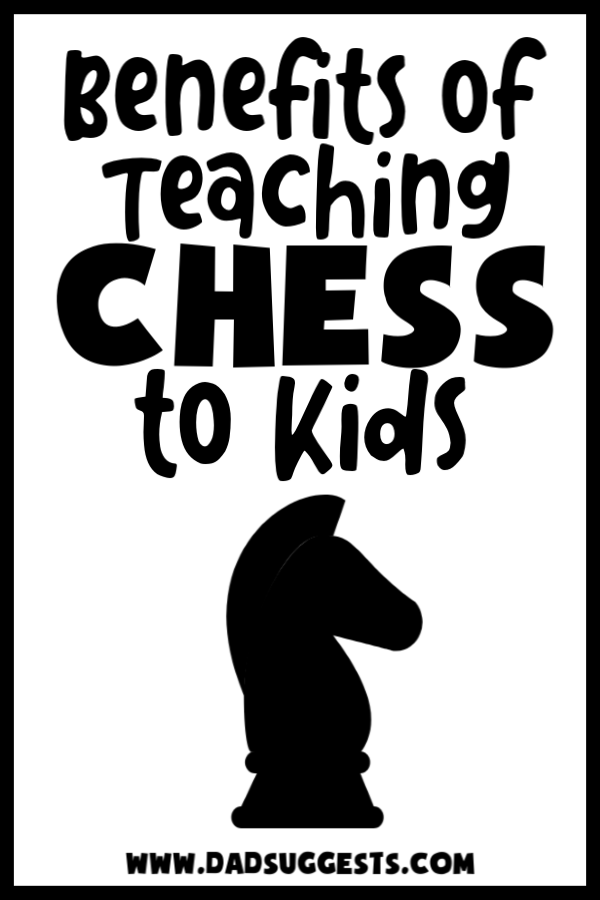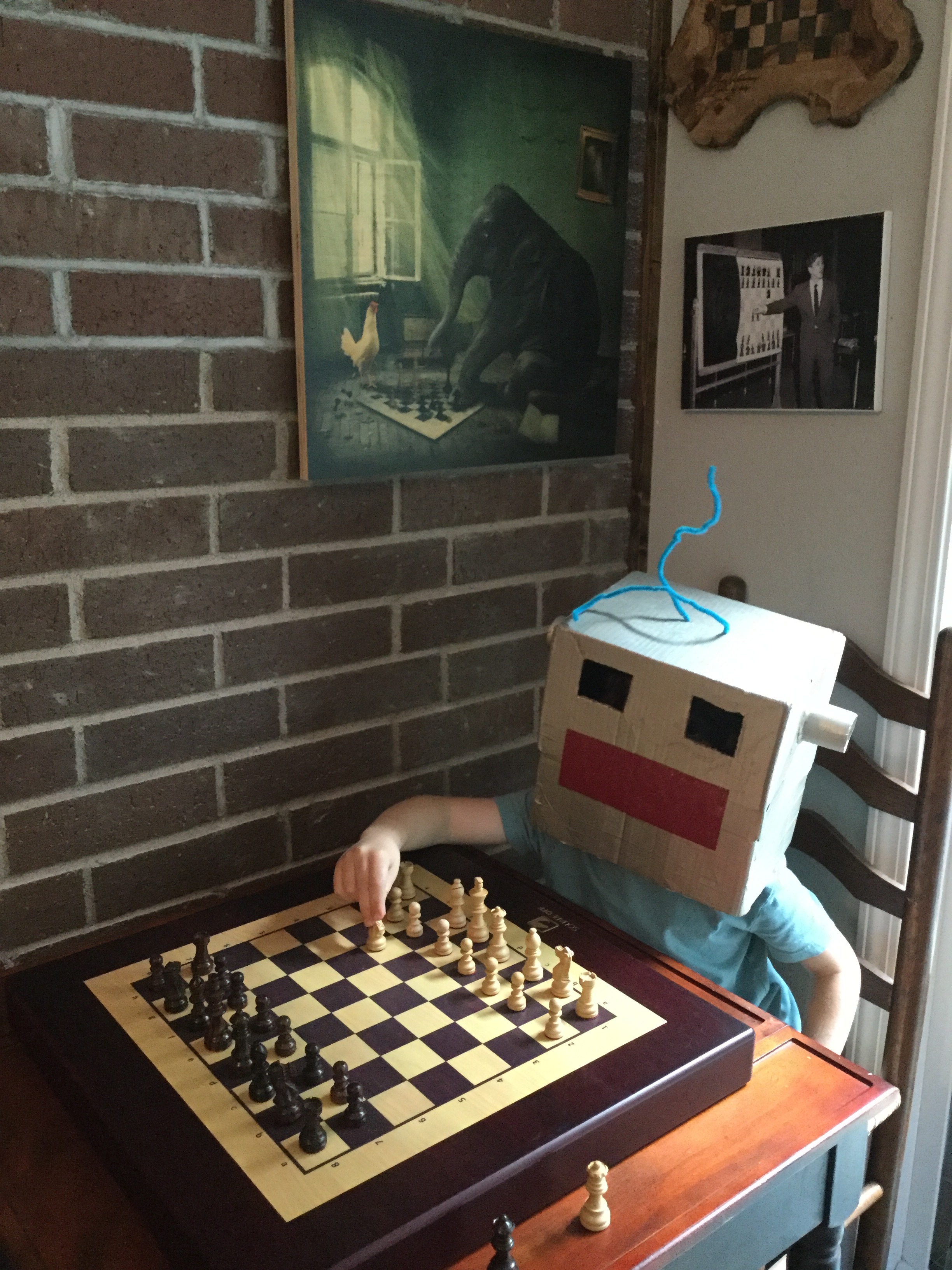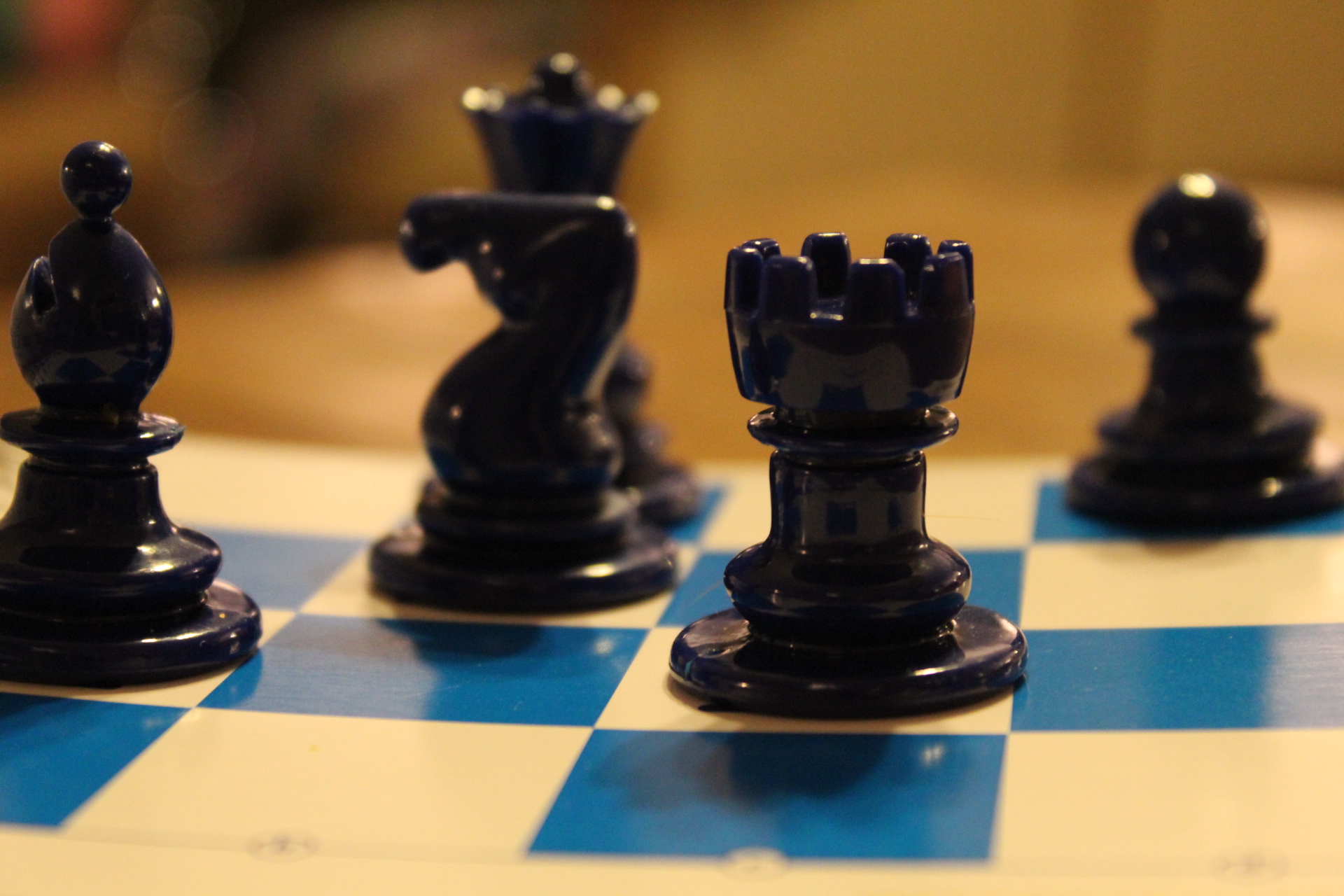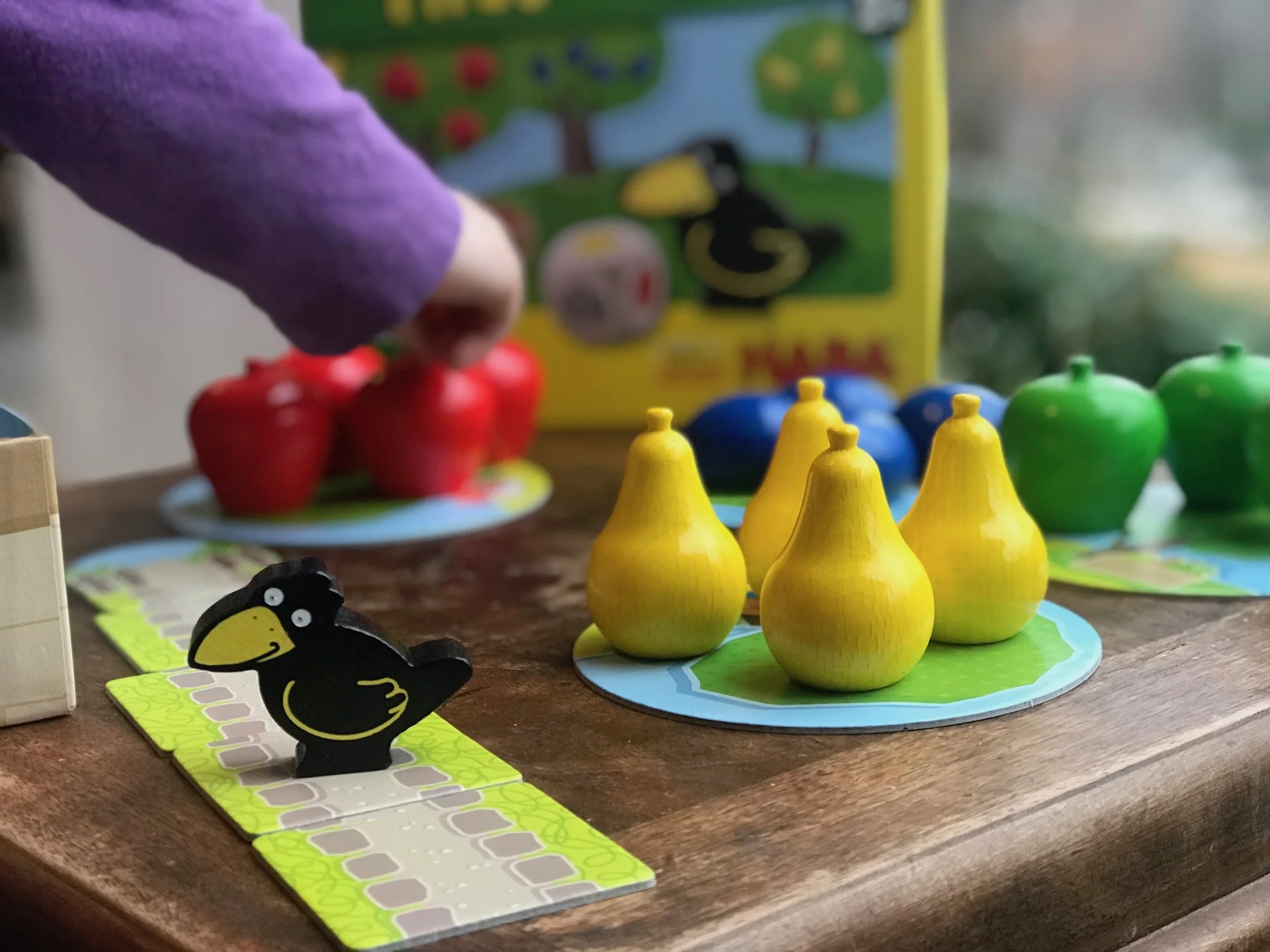The Benefits of Teaching Chess to Children
The game of chess is extremely good exercise for our brains. And there’s really no better time for this exercise than when our brains are growing and all the wires are being connected. In other words - chess is really good for kids. Playing chess strengthens their executive functions (cognitive control) at a time in their development when they need it the most, and when it can make the biggest impact on the rest of their lives.
I’m a chess player and a chess dad and a children’s chess coach. I’m lucky enough to teach chess to about 300 students in my school during the year. I have many firsthand accounts of the benefits of chess for children, both academically and socially, and the results often leave me inspired and reinvigorated to continue doing what I do.
Academically, we aren’t just talking about math improvement, as some people mistakenly assume. Studies often show improvement in all academic areas - math, English, reading, science, and so on. The reason for this is that chess doesn’t directly teach us math - chess improves our executive functions. Chess gives children better control of their own brains - more organized thoughts, better planning, better visualization, and better focus. These are skills that can be used on anything. The result is more efficient and effective learning in general.
While more cognitive control obviously has its academic advantages, there’s also a slightly less obvious way that chess can improve a child’s performance in the classroom - confidence. I’ve had many students join the chess club with seriously negative opinions of their own academic abilities. There’s nothing sadder than a student who believes they are stupid.
And absolutely nothing in my career makes me prouder than seeing these same students start to believe in themselves as they find incredible success over the chessboard. I have had many students feel that chess was the one and only thing that they were good at in their life, and it served as their sole source of confidence.
The really cool thing is that this newfound confidence and positive experience with the learning process is also very transferable. These students might be having their very first run-in with success. This might be their first time learning new content in school and putting it into practice to successfully accomplish a task.
First they learned how the chess pieces moved, they learned a little strategy to win material, and they learned basic checkmates - and then they used that knowledge to beat their friend or their parents at chess. Well that’s not too different than the learning process in their other classes. This positive experience with the learning process and the significant boost to their confidence is oftentimes just the kickstart kids need in life.
If you’ve ever met a child, you might have noticed that paying attention is not always their strong suit. You might have also noticed that our ability to pay attention as a collective society isn’t exactly improving. Regardless of what is responsible for the incredible wave of poor focus and rising diagnoses for ADHD, my experience has shown me that chess can be a miracle worker.
Parents have told me after tournaments that they have never seen their child sit still for that long. Students have told me it feels like their mind empties completely when they play - like they’re meditating. I can’t stress enough how proud I feel as I see students, some with ADHD, slow down, mature, and think before they act. I’ve seen many positive transformations through the years that make me smile to think about.
The Benefits of Chess for Kids
I personally pushed to include chess in our school’s curriculum because I deeply believe that it directly contributes to academic performance and social and emotional growth. If you want to see chess offered in your own local schools, feel free to hand your local teachers and administration the following list of skills that chess teaches children:
Impulse Control & Weighing Options - Chess teaches us to think first, then act. We teach children to ask themselves “If I do this, what might happen next, and how can I respond?”. Over time, chess helps develop patience, thoughtfulness, and self-control. Chess also teaches children that they don’t always need to do the first thing that pops into their mind. They should identify alternatives and consider the pros and cons of their actions.
Focus - Chess teaches the benefits of observing carefully and concentrating. In many ways this is the most important prerequisite for success. If children don’t pay attention and watch what is happening, they can’t respond to it, no matter how smart they are.
Sportsmanship & Empathy - Losing in chess is painful. It’s a very personal defeat, with nobody to blame but yourself. There is no luck involved and you and your brain lost a 1-on-1 battle. Chess players understand this and learn to be very gracious in victory and defeat. It’s customary to shake hands before and after the game and to always say “good luck” before the game and “good game” after its conclusion, whether you win or lose.
Visualization - Chess encourages you to imagine a sequence of actions before it happens. We can strengthen our ability to visualize by moving the pieces in our mind several moves ahead. This type of visualization is incredibly useful for all types of problem solving.
Analysis - Chess helps us evaluate the results of specific actions and sequences. Does this sequence of events help me or hurt me? Children learn to base their decisions on logic, rather than impulse. Sounds nice, right?
Abstract Thinking - Chess teaches the ability to step back from details and consider the bigger picture. Children learn to take patterns used in one context and apply them to different situations.
Planning - Chess encourages players to make both short-term and long-term goals and follow steps to achieve their goals. A player must also reevaluate and rework their plans as their situation changes.
Growth Mindset - Chess fosters a very strong growth mindset. If you have a fixed mindset, that means you believe you are born smart or stupid. You can either do math or not. You are good at chess or not. This way of thinking is obviously not conducive for learning and growing. Chess lays out a very clear path for children to see that study leads to results.
Perseverance - Children learn that losing a game truly is the best lesson in chess, and they gradually learn to understand that failure is an essential part of the process. Oftentimes naturally-gifted students who are scared of failure are passed by students who learn that hard work, persistence, and learning from your losses pays off.
Are you a chess player? Do you have any personal experience with chess and kids? Do you have any success stories? Let us know your favorite benefits of chess in the comments!
